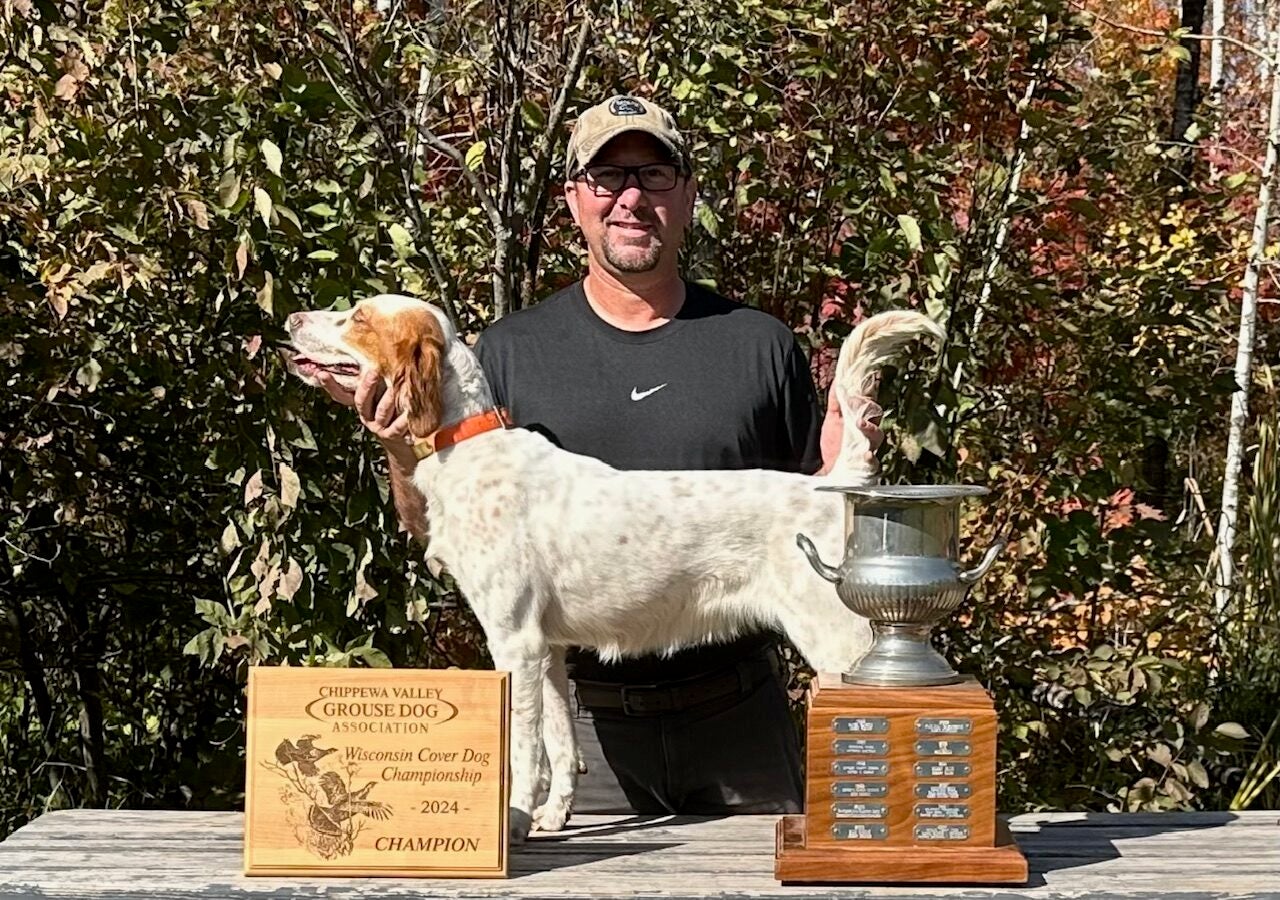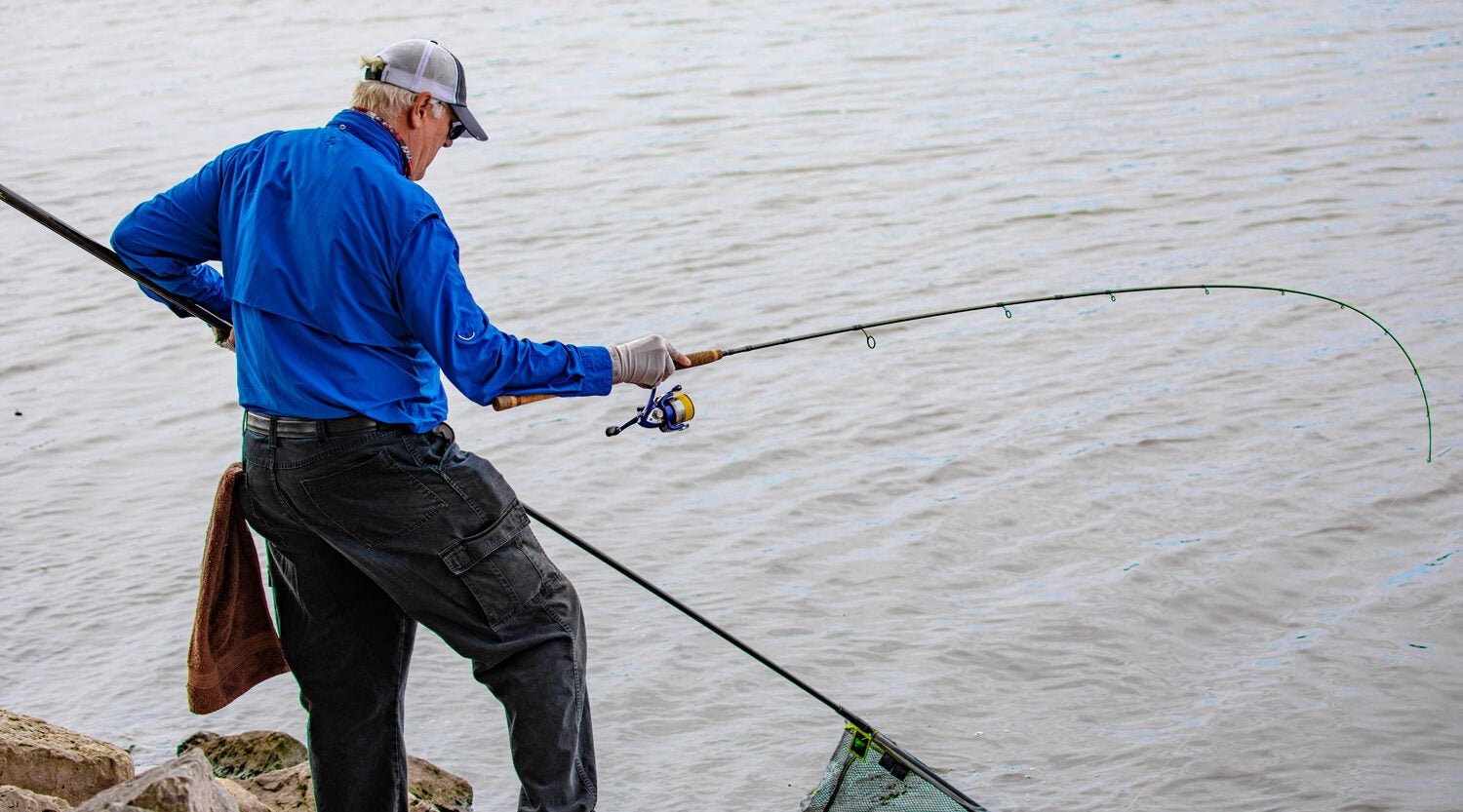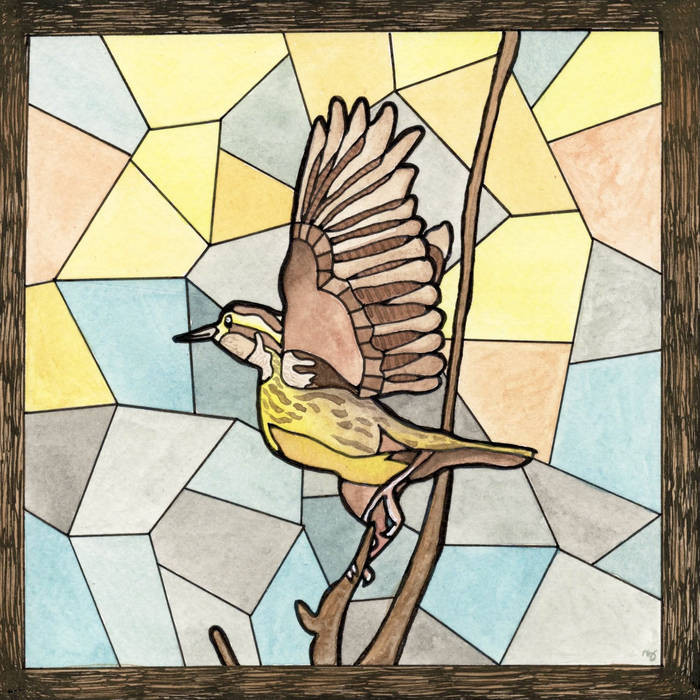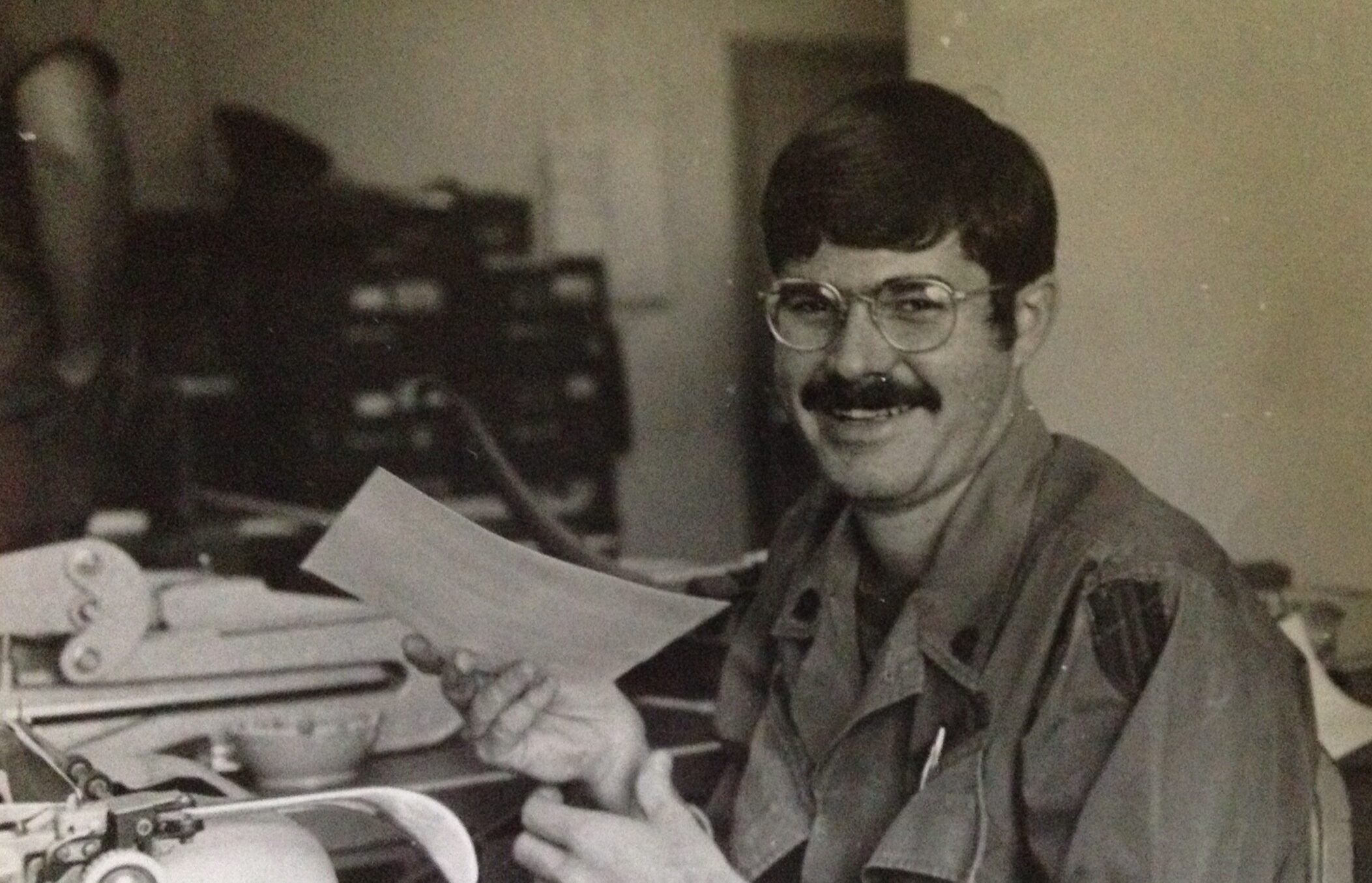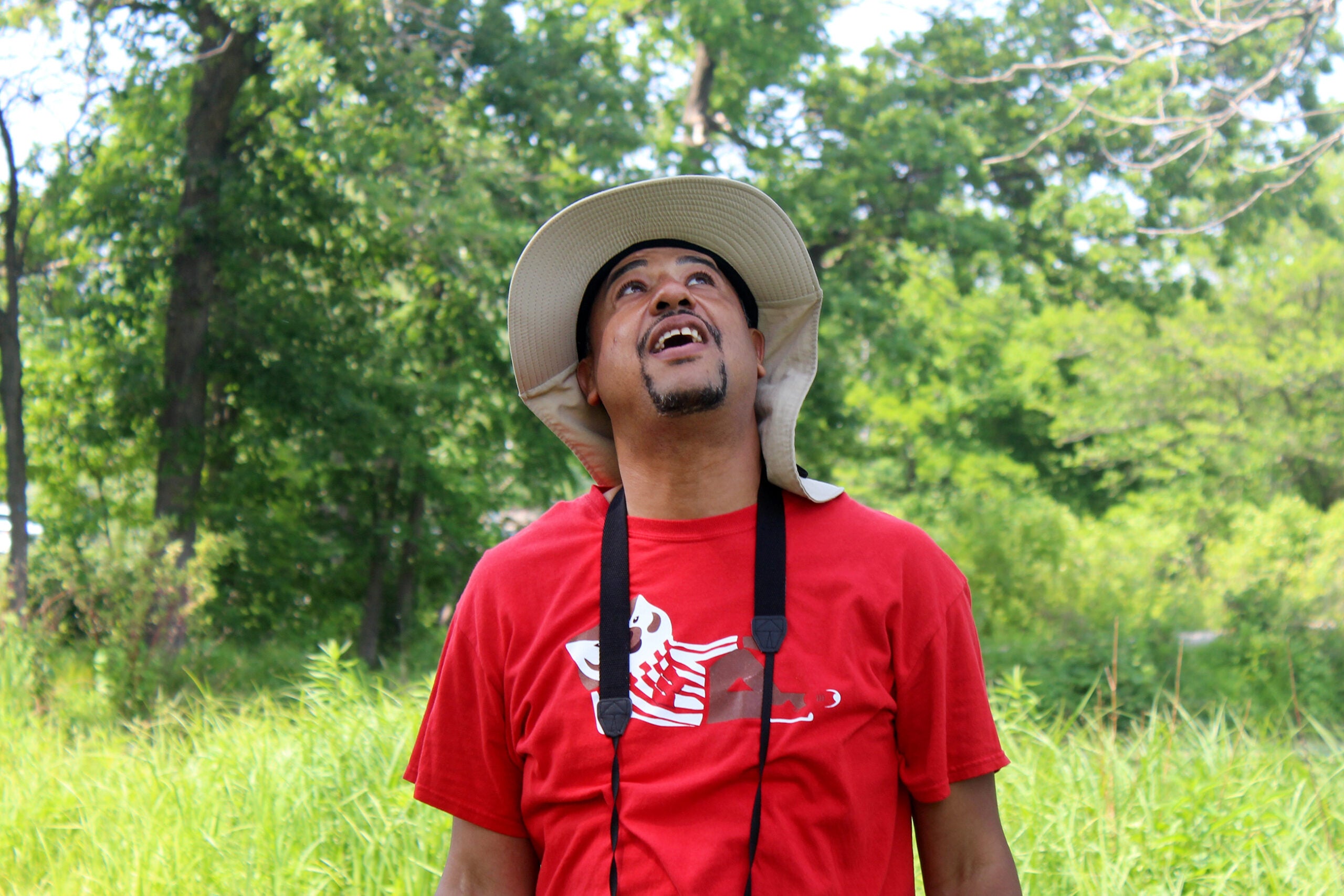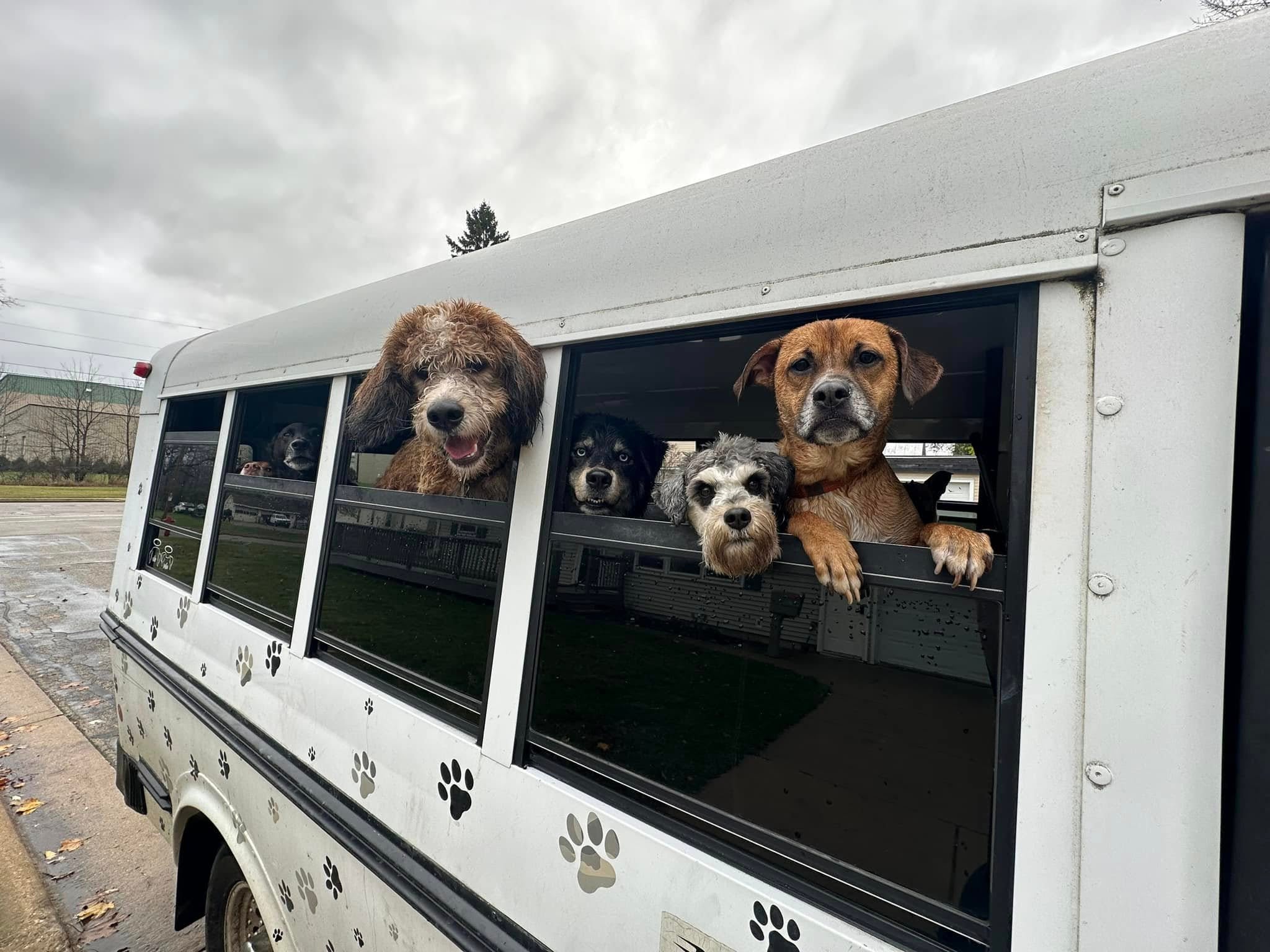Wisconsin has a new champion.
Her name is Lake Effect Ali. She’s a 6-year-old English setter from Lakeside, in the northwest reaches of Wisconsin on Lake Superior.
Ali recently won first place in a competition of 36 dogs from around the country at the Wisconsin Cover Dog Championship.
News with a little more humanity
WPR’s “Wisconsin Today” newsletter keeps you connected to the state you love without feeling overwhelmed. No paywall. No agenda. No corporate filter.
The championship tests dogs on their ability to find grouse and woodcock in the wild.
In a cover dog competition, two dogs and their owners are paired in a “brace” to run the course and look for wild grouse, with judges following behind. Dogs run ahead of their handlers, and when a handler hears the bell on their dog’s collar stop ringing, they know their dog has found a bird.
In order to win the competition, a dog must remain on point, completely motionless, until the bird has come out from its hiding spot, or flushed. The handler then shoots a blank pistol, and the handler gives the dog the signal to relax. Because cover dog competitions are in the wild, hunters don’t kill the birds in order to keep the stock high for future competitions.
Ali has done so well in competitions this year that she may qualify for a contest of the top 14 dogs nationwide this spring.
Lake Effect Ali’s owner, Tim Kaufman, has been participating in bird dogging for about 15 years. He talked to WPR’s “Wisconsin Today” about the sport, his connection with his dogs and more.
The following interview has been edited for brevity and clarity.
Kate Archer Kent: Ali recently won the Wisconsin cover dog championship. How do these competitions work?
Tim Kaufman: In Wisconsin and Minnesota, we have three different clubs. The one I’m part of is called the Moose River Grouse Dog Club. Amongst those clubs, we run different competitions.
It’s all judged on … how your dog runs, whether your dog stays out in front, whether it finds any birds. Sometimes you can have the best bird dog in the world, and there might not be a bird on that course, so it’s just kind of the luck of the draw.
KAK: As a handler, what is your role in the competition?
TK: My main role is to try to keep my dog forward. We call it singing. Every dog has a bell on it, so you know where the dog is. I want to keep my dog out front, so if she starts getting to my side, my left or my right, I want to call her. And then she should respond to my voice and move back up forward. You always want to keep your dog out in front, if possible.
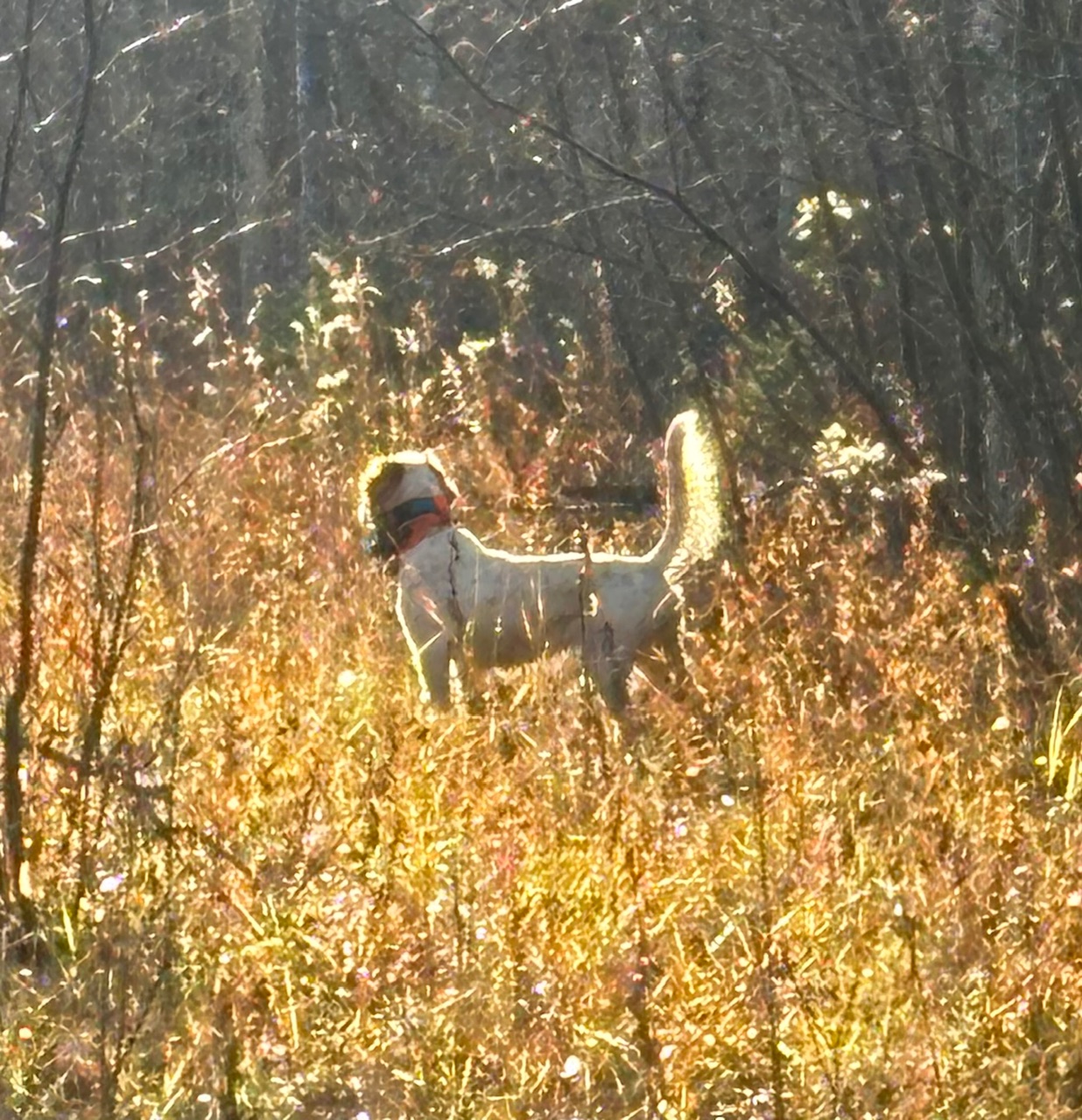
KAK: There’s a point in the hunt where your dog has to be just still as ever, rock steady until the handler gives them that release signal. Can you tell us what that moment is like?
TK: It’s pretty cool. So when you hear that bell stop, you know they have found a bird. The tricky part is, now you have to go out and try to find the dog. It does get your heartbeat going pretty good when you know your dog is stopped. Once you find your dog, your judge is with you.
That dog has to remain steady. It can’t move its feet until you are able to walk over to that dog, then you grab the dog by the collar and you go back to the trail. But it can be a long time. There have been dogs that can be on point for two to five minutes without moving. So, it takes quite a bit of patience on their side too.
KAK: It seems as if you two really move as a unit.
TK: It has to be as a unit. The judges are looking for that, too. Are you two a team? It really is a team effort when you’re out there.
KAK: What is Ali’s personality like when you are out hunting?
TK: When we’re out hunting, she really has a one-track mind, and that’s to go find a bird. She doesn’t come to your side. She doesn’t want to be pet. She is in her zone.
Now at home, we could be sitting on a couch, and she’ll lay down — she’s a normal dog. Not all dogs in trial world are like that, but I have my dogs 95 percent of the time not doing trials. So, they need to be a good citizen around the house, as well. They need to be a dog. It can’t be all about training and getting them in shape. I do believe there is overtraining. I suppose you could correlate that with anything else, to any other sport.
KAK: How do you know when it’s time for a bird dog to retire? And what does their retirement look like?
TK: My dogs’ retirement looks like everything else. We go hunting together. They’re part of our family. The only thing I don’t do as much is go to the big competitions. I still might run them in the spring, to have fun. Retirement for them is just normal.

